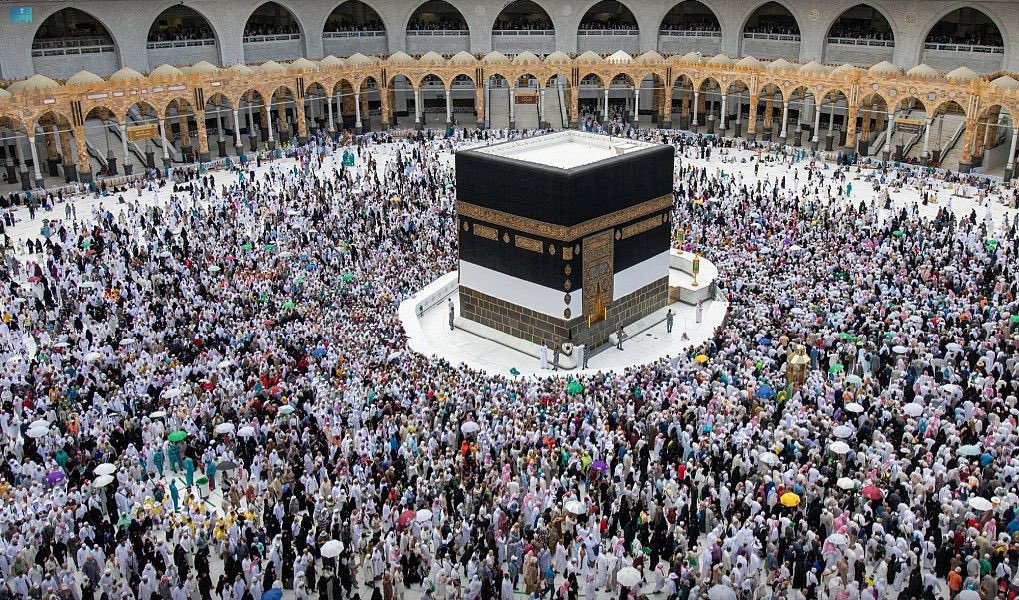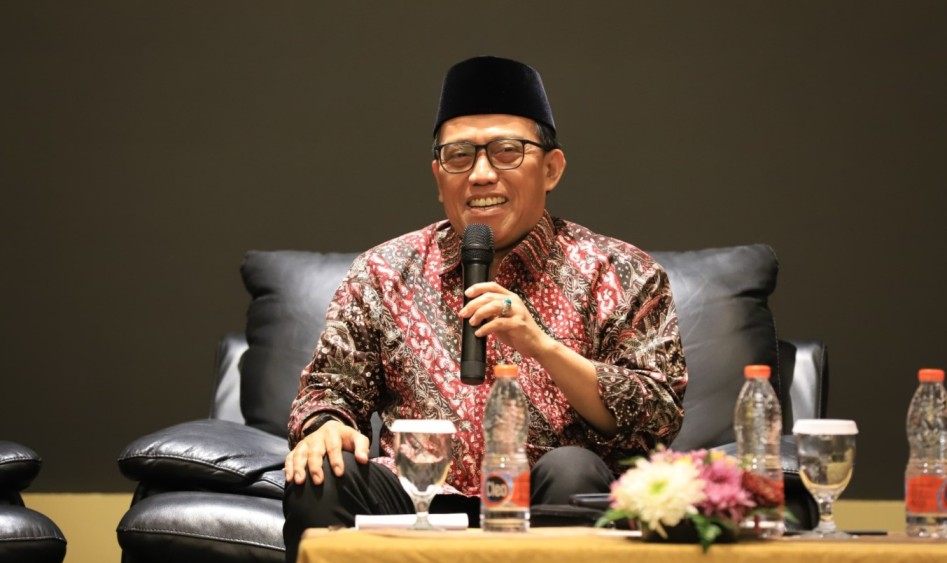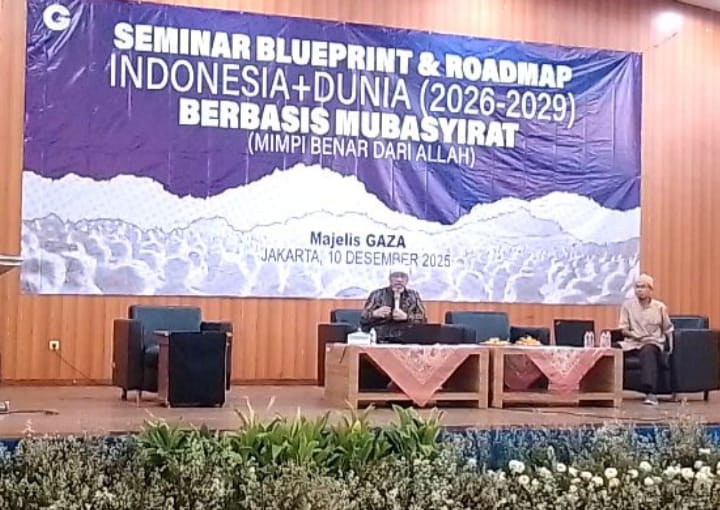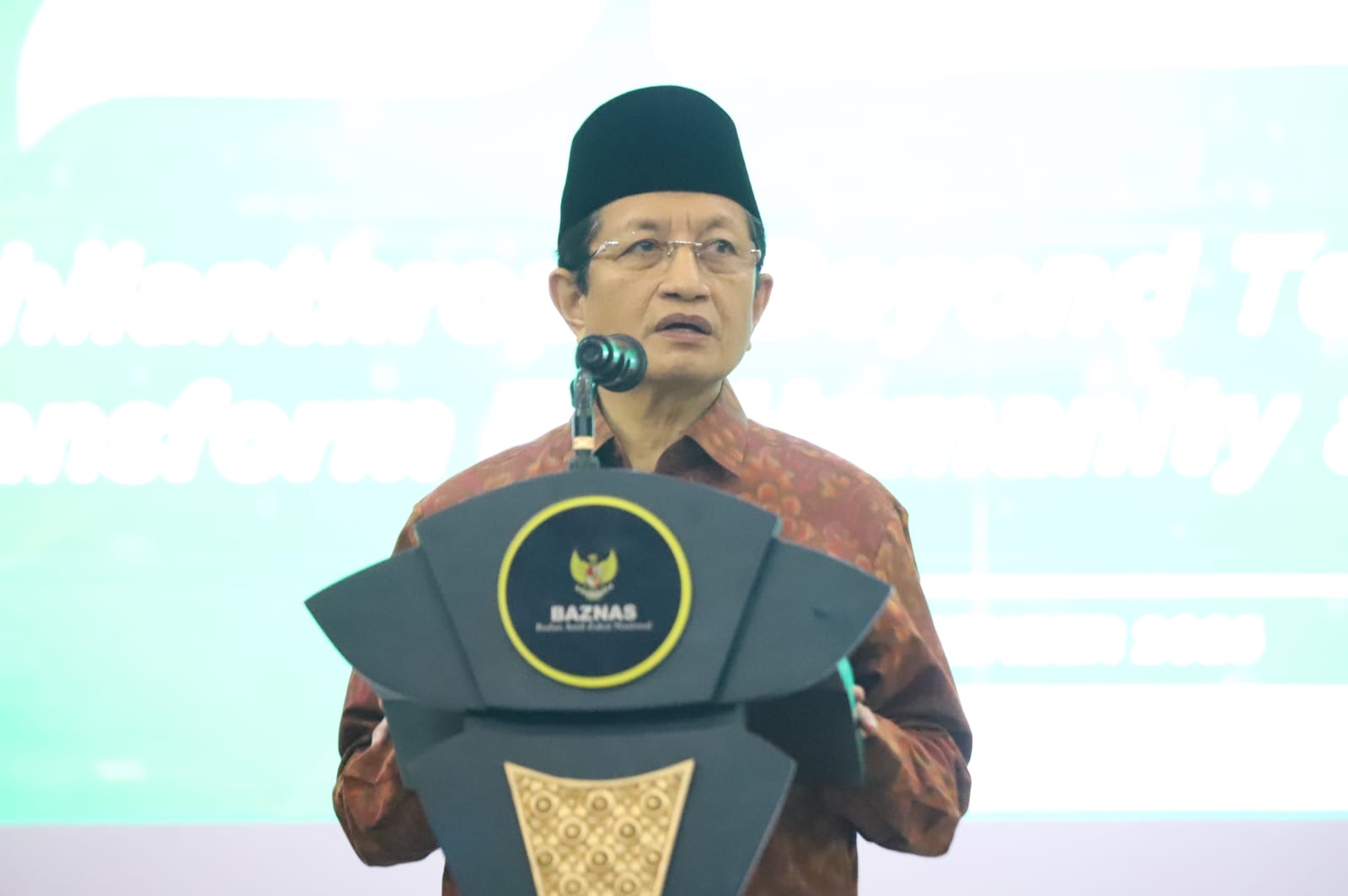Hajj1443 –128,000 tons of waste removed from Makkah, holy sites

“A total of 13,549 supervisors, observers, drivers and cleaners have participated in these efforts, using various types of 912 units of equipment to dispose of waste around the clock.”
Jakarta (Indonesia Window) – The safety and health sectors under the concern of the Saudi government in organizing the hajj pilgrimage have also included the management of waste generated from all activities of about one million pilgrims while they were performing rituals in the Holy Land.
Minister of Municipal and Rural Affairs and Housing Majed Al-Hoqail announced on Monday (July 11) the success of the ministry’s plan to safeguard the health, safety and comfort of the hajj pilgrims.
He pointed out that a total of 128,000 tons of waste were removed from Makkah and the holy sites during the period between Dhul Hijjah 1 and 10 (June 30 – July 9).
“A total of 13,549 supervisors, observers, drivers and cleaners have participated in these efforts, using various types of 912 units of equipment to dispose of waste around the clock,” he said.
Al-Hoqail noted that the ministry has prepared a system of procedures to receive the pilgrims and make them available all the facilities and services.
He added that the ministry continued to launch a package of services to keep pace with the Hajj season, including the launch of the mobile laboratory service, which carried out a number of tasks represented in receiving and analyzing samples of food and water, issuing results to the relevant authorities, and conducting a rapid laboratory examination of the samples received using the latest equipment.
Moreover, the minister said, the laboratory is providing epidemiological data and identifying dangerous foods, in addition to the detection of physical, chemical, and microbial food contaminants, and handling samples of suspected cases of food poisoning, he said, adding that the results of these laboratories are obtained immediately or within a few hours.
Source: Saudi Gazette
Reporting by Indonesia Window

.jpg)








